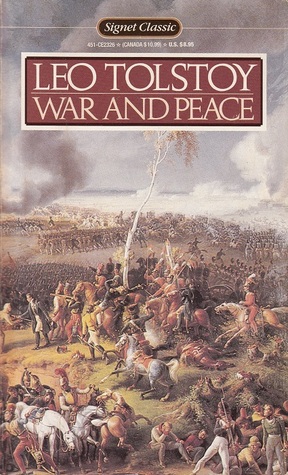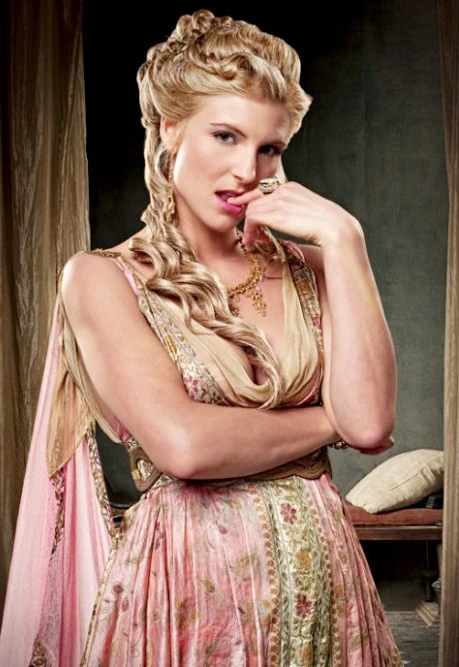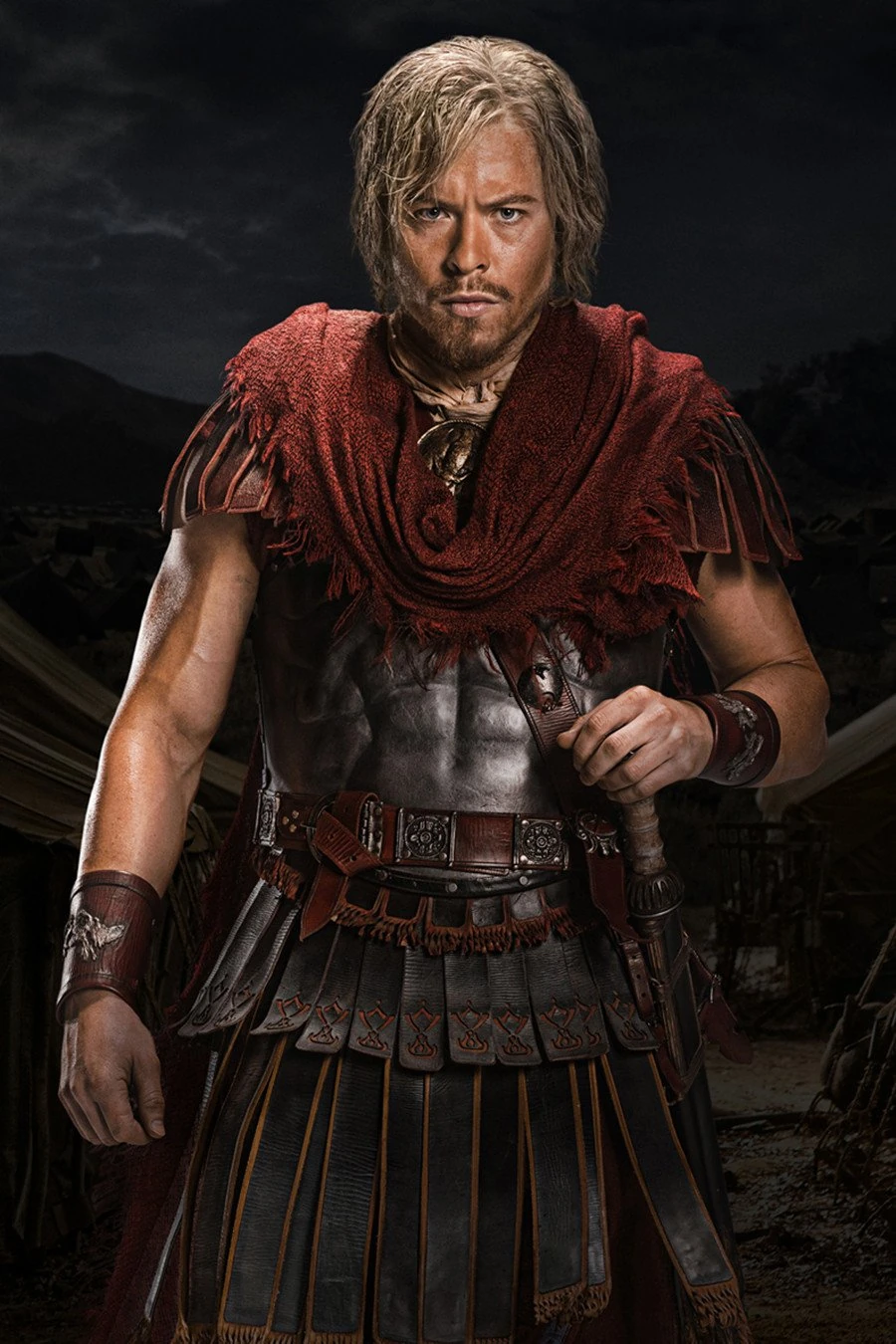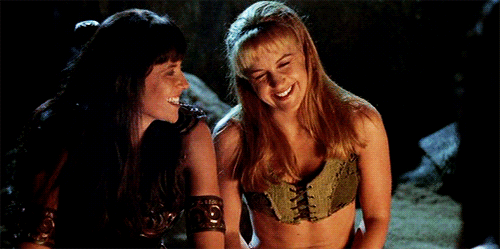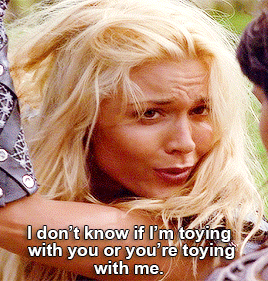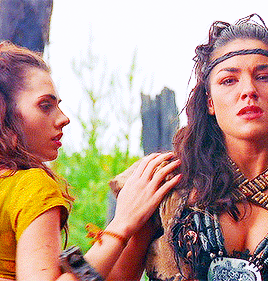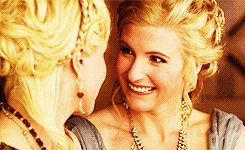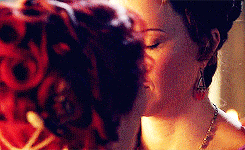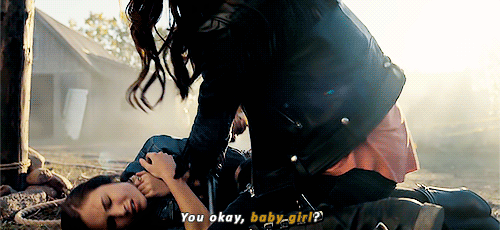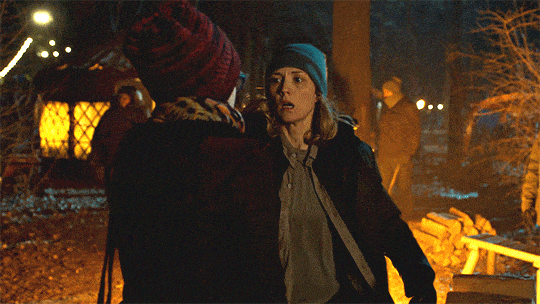The punny quotes on the outside and inside covers killed me.
Summary
A sweltering week in late August. Where better to enjoy the last days of summer than on the beautiful Bay of Naples? But even as Rome's richest citizens relax in their villas around Pompeii and Herculaneum, there are ominous warnings that something is going wrong. Wells and springs are failing, a man has disappeared, and now the greatest aqueduct in the world - the mighty Aqua Augusta - has suddenly ceased to flow. Through the eyes of four characters - a young engineer, an adolescent girl, a corrupt millionaire and an elderly scientist - Robert Harris brilliantly recreates a luxurious world on the brink of destruction.
This is the second book I've read this year about the Vesuvius eruption in 79 CE. The two were very different - the first was YA and centred on a romance, while this one was adult fiction and took place over 4 days. I rated both 3 stars, so neither was particularly special.
As mentioned, Pompeii takes place over 4 days - the 2 days before the eruption, and the 2 days during. Because of this, it's fairly fast-paced, making it easier and more fun to read. Before the eruption, the plot centres on the maintenance of the Aqua Augusta, the huge aqueduct that supplied water to the Bay of Neapolis, where the book is set (there’s a map of the area at the start of the book, if you were wondering). Then, of course, it's Vesuvius's time to shine, in great detail.
Pompeii promises four POVs, so I went into it expecting to be drawn into the lives of four different characters, however character - Attilius, the engineer - is the focus and the others' perspectives are minimal. This disappointed me, I have to say. As well as this, none of the characters are particularly interesting, developed, or otherwise special. It's hard to care about characters who don't interest you.
The protagonist, however, is something of an antihero, so that made a nice change from the archetypal guy who has to save the people (maybe it's to do with him being Roman...). I love flawed characters, antiheroes especially.
Sadly, this book fails the Bechdel Test. The one "main" female character, Corelia, has a mother, but they don't seem to speak to each other, even though they're not estranged or anything. You'd think a young woman in a Roman society would want to talk to other women - her mother, her maid, even girls her own age - but nope, doesn't happen, even though seeing how Corelia interacts with her own gender would add some much-needed depth to her character.
On the plus side, there’s no romance! The book takes place over 4 days, so that shouldn’t be a surprise, but it was such a relief. There’s a bit of saving a damsel in distress, but they barely know each other so I’ll happily ignore any romantic connotations that might entail.
Something I enjoyed in Pompeii was the scattering of historical details. I did wonder a lot about what was fact and what was fiction (eg. which characters are real?) but the author did plenty of research. I loved coming across little details such as mentions of the erotic Pompeiian frescos, of Spartacus, of Augustus and Livia, of throwing slaves to the eels. Call me a Classics nerd, but it doesn't take much to make me happy. It's the little things.
To conclude, I don't know why this was a bestseller, as the characters are flat and the writing is nothing special. But I'm so desperate for books about Greece & Rome that I'll take what I can get.

















